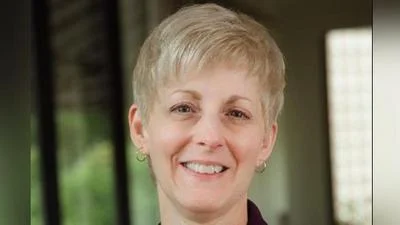Tami Western Chief Quality Officer | Northeast Missouri Rural Health Network
Tami Western Chief Quality Officer | Northeast Missouri Rural Health Network
Bone health is often overlooked after childhood, but maintaining it is crucial throughout life to support structure, protect organs, and enhance mobility. Dr. Kevin Marberry from Northeast Regional Orthopedics & Sports Medicine emphasizes the importance of maintaining bone density after reaching peak bone mass in one's twenties to prevent osteoporosis.
Osteoporosis leads to low bone mass and deterioration of bone tissue, increasing fracture risks. The National Institutes of Health reports that 10 million Americans over 50 have osteoporosis, with an additional 43 million at risk due to low bone mass.
Dr. Marberry advises adopting healthy habits early: "It’s never too early to adopt healthy habits that support strong bones and help to maintain bone density, including the right kinds of exercise and a healthy diet." He warns that fractures can pose significant challenges for older adults' independence.
Effective exercises include weight-bearing activities like walking or jogging and resistance training such as lifting weights. Calcium, Vitamin D, and a balanced diet rich in fruits and vegetables are essential for bone health.
Osteoporosis affects nearly one in five women and one in twenty men over 50. The CDC recommends screening for women 65+ and men 70+, with earlier screenings for those with risk factors.
"A bone density scan is a painless procedure that provides important information about bone health," says Dr. Marberry. Early detection allows lifestyle changes or medication to slow disease progression.
Dr. Marberry suggests discussing bone health with primary care physicians, especially if there's a family history of osteoporosis or hip fractures or if a minor fall has caused a fracture. For more on testing options at Northeast Regional Medical Center, visit their website.




 Alerts Sign-up
Alerts Sign-up